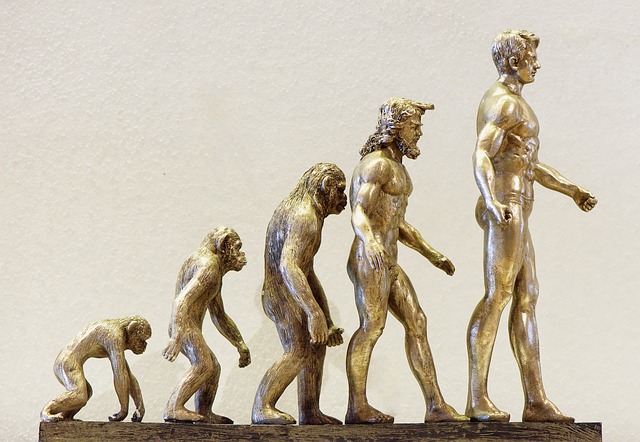Religion has long been a cornerstone in the quest for understanding morality, a complex tapestry woven from cultural values, personal beliefs, and spiritual teachings. Across various faiths, the core principles of right and wrong are often underpinned by sacred texts and traditions that guide adherents in their moral decision-making. This reflection on morality through the lens of religion provides a profound insight into how we comprehend ethical behavior and responsibility in our daily lives.
Throughout history, religious narratives have served as a moral compass for individuals and societies alike. From the Ten Commandments in Christianity to the Five Precepts in Buddhism, these foundational teachings offer a framework for understanding what constitutes moral behavior. They encourage believers to strive for virtues such as compassion, honesty, and justice. This shared language of morality not only shapes personal integrity but also fosters a sense of community and collective responsibility.
Furthermore, the rituals and practices of religion often reinforce moral values. Celebrations, rites of passage, and communal worship serve as reminders of ethical obligations to oneself and others. These shared experiences cultivate empathy and understanding, enriching the moral fabric of society. When individuals engage in acts of worship or community service, they are often reminded of their interconnectedness and the moral duties that come with it.
However, the relationship between religion and morality is not without its complexities. Different religions can have divergent views on certain moral issues, which can lead to conflicts and debates. This variation highlights the importance of understanding the diverse interpretations of morality that exist within the global tapestry of faith. Engaging with these perspectives can deepen our understanding, allowing for a more nuanced dialogue about ethics that transcends cultural and religious boundaries.
As people continue to explore their beliefs, the role of religion in shaping moral understanding remains relevant. For many, faith provides a sense of purpose and direction, offering answers to profound ethical dilemmas. In an increasingly pluralistic society, fostering an understanding of various religious perspectives can promote tolerance and empathy, essential components in navigating moral discussions in a diverse world.
Ultimately, the interplay between religion and morality invites us to reflect on our own values and the framework through which we understand right and wrong. It challenges us to think critically about our beliefs and encourages a lifelong journey of ethical exploration. Whether through personal introspection or community engagement, the pursuit of understanding morality through religion remains a vital aspect of our shared human experience.




